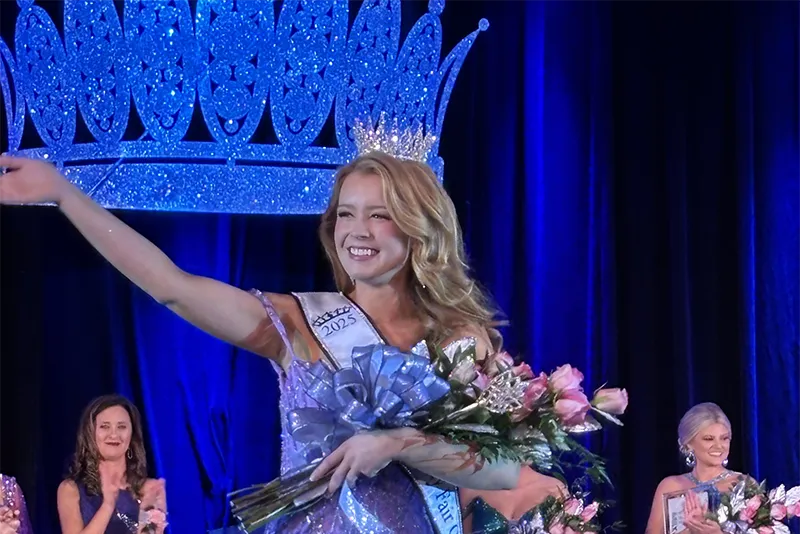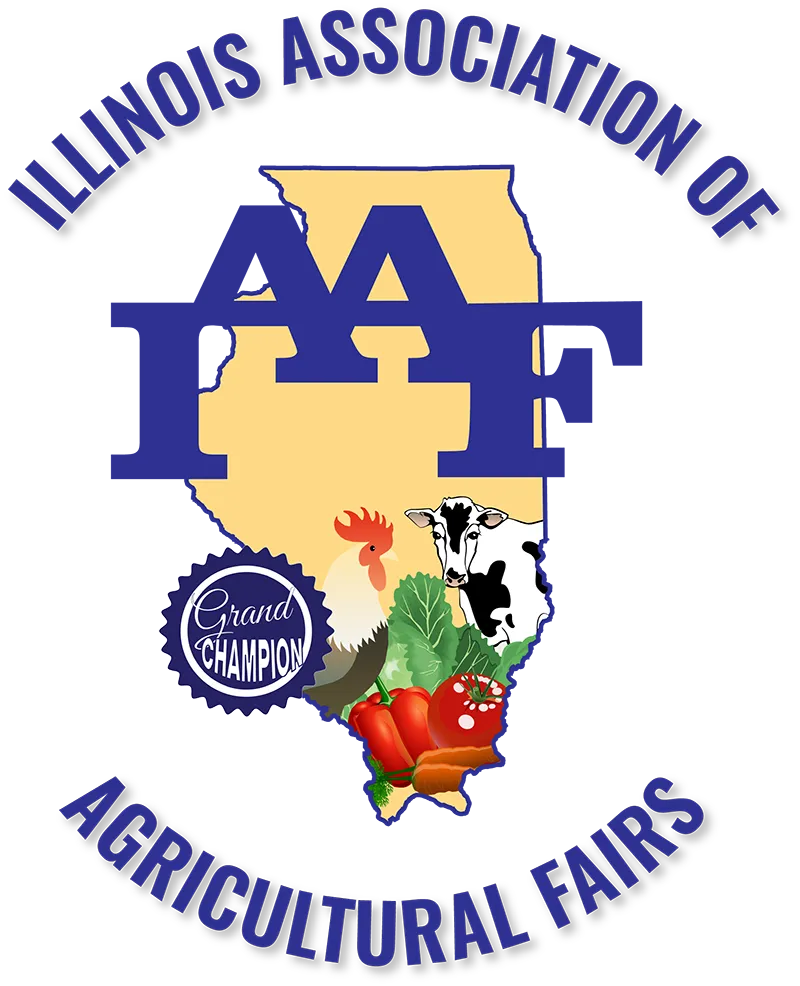Attention Rodeo Stock Contractors, Promoters, and County Fair Boards
Attention Rodeo Stock Contractors, Promoters, and County Fair Boards The provisions of the Illinois Humane Care for Animals Act (510 ILCS 70; “Act”) apply to companion animals and livestock. It is the responsibility of event organizers, animal owners, and participants to be aware of practices and activities that may be considered violations of the Act. Violations of the Act are considered criminal offenses and are prosecuted by county state’s attorneys. Event organizers, animal owners, and participants should ensure the following:
-
An adequate supply of fresh water shall be provided to animals at all times except when an animal is participating in an event.
-
In the event of environmental extremes, such as extreme heat or severe inclement weather, animals must be provided with proper shelter.
-
The use of an electric prod on livestock in a chute should not be allowed unless the animal has balked or stalled after the chute has been opened.
-
Tail twisting, pulling, and raking over fences when an animal is in the chute or as the chute is being opened should not be allowed.
-
An electric prod may only be used while sorting livestock when absolutely necessary and may only touch the animal on the hip or shoulder area. Any overuse of electric prods is prohibited.
-
Animals that are sore, lame, sick or injured should not be allowed to participate in the event.
-
Veterinary care must be provided to prevent suffering. Any animal sustaining injury at any time must be provided with appropriate veterinary care. The Department encourages all events to maintain a relationship with a local veterinarian to ensure treatment is accessible in a timely manner.
-
All events must be conducted humanely. Participants must consider the species, size, age and condition of an animal before its use in an event and whether the event can be conducted humanely.
-
Practices such as calf tailing are not exempt from the humane care provisions of the Act.
-
All horses must have a current equine infectious anemia test and horses originating from out-of-state must have a current interstate certificate of veterinary inspection.



